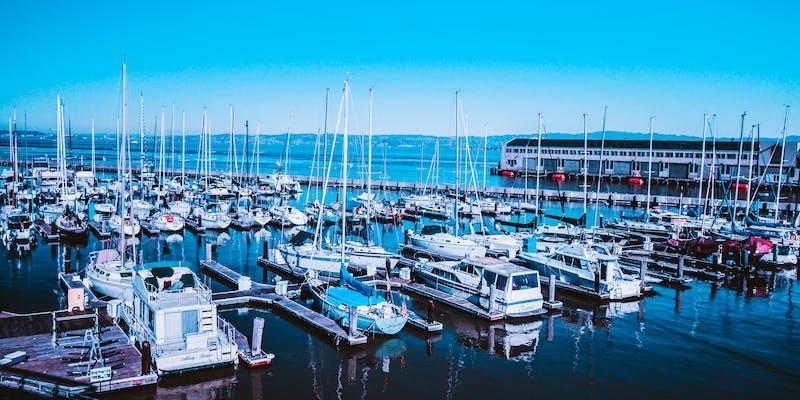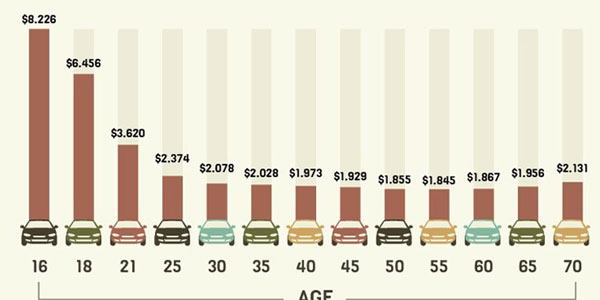Marine insurance is a protection agreement ensuring that goods transported from origin to destination are covered. This type of insurance is crucial for safeguarding against the loss or damage of ships, cargo, and any other transport means involved in moving goods from start to finish. This concept of insurance came into existence with the advent of sea trade. However, despite its name, marina insurance isn't limited to sea transport alone. It extends to all forms of transportation, including air freight, where it's known as marine cargo insurance.
The role of marine insurance is pivotal in international trade, particularly in import-export transactions. It obligates the seller and buyer to insure the goods, but its importance transcends mere contractual duties. Several compelling reasons exist to secure marine insurance before sending off export cargo. Transporting products is normally insured by the forwarding agency, exporter, or importer. Anyone transporting goods may get maritime insurance.
In terms of acquiring marina insurance in India, the process is straightforward. India's geographical location favors various banks and financial institutions, making obtaining marine insurance for international trade easy.
Marine Insurance Act 1963

India's Marine Insurance Act of 1963 is important. Section three of this act defines' marine insurance companies as ensuring products against loss or damage with the insurer taking on the risks. This includes considering all possible outcomes and scenarios that could lead to a loss during marine operations.
Key Principles
Marine insurance operates on several key principles:
- Good Faith: Insurers and insured parties must be honest and trustworthy.
- Proximate Cause: The loss must be closely connected to the insured risk, even if it's not immediately adjacent in time or sequence.
- Insurable Interest: The risky item and the insurer must have a legal interest. This is reinforced by 'Incoterms,' which assign insurance duties to each party.
- Principle of Indemnity: Insurance coverage should only cover losses, prohibiting parties from benefitting from claims.
- Principle of Contribution: Multiple insurers covering the same risk should share loss or damage reimbursement proportionately.
Marina insurance is vital because it transfers goods responsibility from parties to the insurer. Carriers like airlines and shipping corporations may have limited legal responsibility, although they normally cover goods damages and losses per cargo or consignment. This coverage may not cover the entire value of shipping products. Exporters usually insure their products with insurance firms to cover transportation losses.
Scope of Marine Insurance
To meet international trade contracts, maritime insurance scope must be understood. For CIF or CIP agreements, exporters need maritime insurance. This protects the buyer's or bank's interests and fulfills the contract. Even under Delivered Duty Unpaid (DDU) and Delivered Duty Paid (DDP), when the seller is not legally required to insure the goods, it's typical to do so for security.
Certain steps may increase marine insurance efficacy and reduce claims:
- Safety should be considered while packing goods, especially given loading and unloading.
- Packaging should survive natural disasters as much as feasible.
- Consider harsh treatment and theft while packaging.
Types of Marine Insurance
There are various types of marine insurance, each serving a specific purpose:
- Freight Insurance: This feature is especially useful in the case when goods are damaged during transport, causing a loss of freight receivables for an operator. Freight insurance offers compensation for the lost freight.
- Liability Insurance: Marine liability insurance includes coverage for liabilities arising from accidents such as ship collisions or crashes.
- Hull Insurance: This insurance covers the physical structure of the transport vehicle’s hull and torso. It provides protection against damages and accidents to the ship itself.
- Marine Cargo Insurance: This is insurance for insuring goods from the time of departure in the origin country till they arrive at their destination hence covering various transit risks.
Marine Insurance Policies

Marine insurance policies come in various forms, each designed to cater to different needs in maritime trade:
Floating Policy
Large exporters often prefer an open or floating policy instead of insuring each shipment separately. This policy serves as a blanket cover for all shipments made within a specified period, usually a year. Exporters are typically required to declare details of all shipments periodically, including the type of goods, modes of transport, and destinations.
Voyage Policy
This specific policy is for a single shipment or consignment. While it requires purchasing insurance for every overseas shipment, it can be time-consuming as each consignment needs individual attention.
Time Policy
Commonly issued for one year, a time policy in marine insurance can be extended beyond a year or tailored to cover a specific voyage. In India, this policy is generally issued on an annual basis.
Mixed Policy
As the name suggests, this is a combination of voyage and time policies, offering the benefits of both.
Named Policy
Popular in marine insurance, this policy specifies the ship's name in the insurance document, indicating that the policy is issued specifically for that vessel.
Port Risk Policy
This policy is tailored to ensure the safety of a ship while it is docked in a port.
Fleet Policy
A fleet policy covers multiple ships owned by a company or an individual under one insurance policy. It's particularly advantageous as it can include older ships and is time-based.
Single Vessel Policy
This policy focuses on insuring a single vessel under a marine insurance policy.
Blanket Policy
In this policy, the maximum protection amount is paid upfront when purchasing the policy.
Fire vs. Marine Insurance
Fire Insurance covers the risk of fire damage to physical assets or properties. Moral responsibility is a significant factor here, and profit is not expected. Insurable interest must exist before taking the policy and during loss.
Marine Insurance focuses on risks associated with the sea; it covers ships, freight, or cargo. There is no clause for the moral responsibility of the cargo owner or ship. A profit margin of 10 to 15% is typically expected. Insurable interest needs to be present only at the time of loss.







